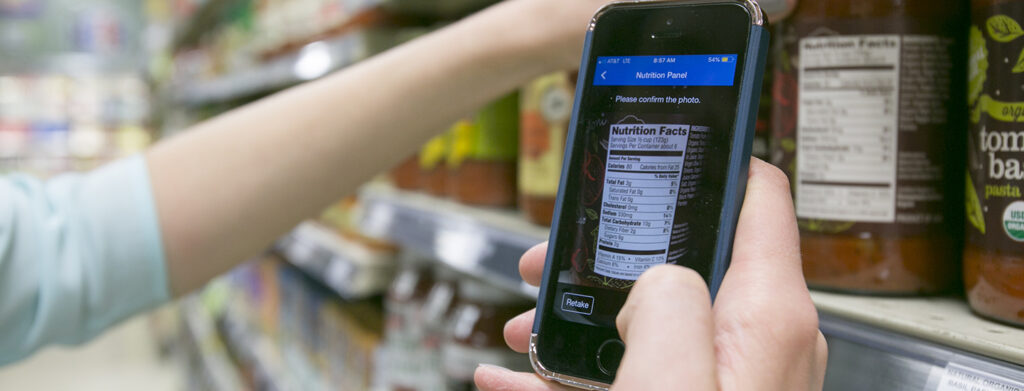
Your body doesn’t whisper when it’s in trouble—it screams. Sometimes through your skin. Sometimes through your mood. Other times through a stomach that feels like it’s been hit by a freight train full of regret.
You wanna know what happens when your diet is a parade of packages, boxes, bags, and plastic-sealed “convenience”?
You stop being a person who eats food and start becoming a science project gone sideways. Welcome to the slow, barcode-fed burnout—where your cells are begging for help, but your taste buds are too high on artificial joy to notice.
Barcoded food ain’t just food. It’s a formula. A concoction. A lab-grown illusion of flavor engineered to bypass your body’s natural off switch. You’re not eating because you’re hungry. You’re eating because some dude in a white coat figured out how to trick your dopamine into playing fetch. And guess what? That craving you thought was yours? Not yours. Hijacked.
Start your morning with a shelf-stable breakfast bar and end your night with a microwavable dinner that glows like a science fair experiment, and your body starts to forget how to speak human.
Blood sugar rides like a busted roller coaster. Gut bacteria? Starved to death in their little microbial homes, replaced by inflammation’s rowdy cousins.
Your liver’s working overtime, your brain’s in a fog thicker than grandma’s stew, and your energy dips so low you start wondering if you’re turning into a couch cushion.
“You are what you eat”? Nah. You become what your food went through.
See, real food doesn’t come with instructions, logos, or expiration dates that last longer than your gym membership. Real food rots. It bruises. It lives.
The stuff with a barcode? Preserved within an inch of its soul. It’s made to last, not to nourish. You’re not eating for vitality—you’re consuming for convenience. And convenience is expensive. Not at checkout, but at the cost of your actual operating system.
Let’s talk mood. Because when you’re eating hyper-palatable lab snacks all day, your serotonin gets the short end of the stick. You might not cry at sad movies anymore, but you sure as hell will snap at the barista for getting your name wrong.
Irritability. Apathy. Anxiety with a side of digestive drama. All of it: symptoms of a gut-brain connection so fried, it can’t even send a distress signal properly.
Think of your body like a car. Barcode meals are cheap fuel. Yeah, the engine runs—for now. But sooner or later, something knocks. The spark plugs sputter. The tires warp.
You’re not breaking down because you’re getting old,—you’re breaking down because your cells haven’t seen a damn mineral in weeks.
And don’t even get me started on labels. “Low-fat.” “High-protein.” “Zero-sugar.” A marketing masquerade. Just different ways of saying: “We took out the bad thing and replaced it with a different kind of bad thing, but slapped a font on it that makes you feel better.” You can’t cheat nature, and nature sure as hell doesn’t come in shrink wrap.
“Food is the most intimate relationship you’ll ever have. If it treats you like crap, walk away.”
Yeah, it’s wild out there. We’re all sprinting, scrolling, surviving. And barcoded food is fast. It’s easy. It’s everywhere. But so is burnout. So is bloating. So is brain fog so thick you start forgetting why you walked into the room.
So, what happens to your body when you only eat foods with a barcode?
It adapts.
It copes.
It settles for less.
Until one day, it doesn’t.
And that’s the day your body cashes the check convenience wrote with your health.









